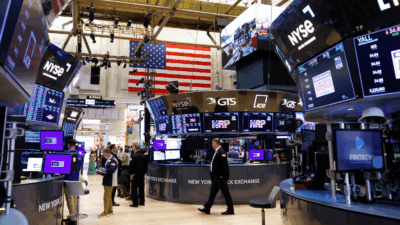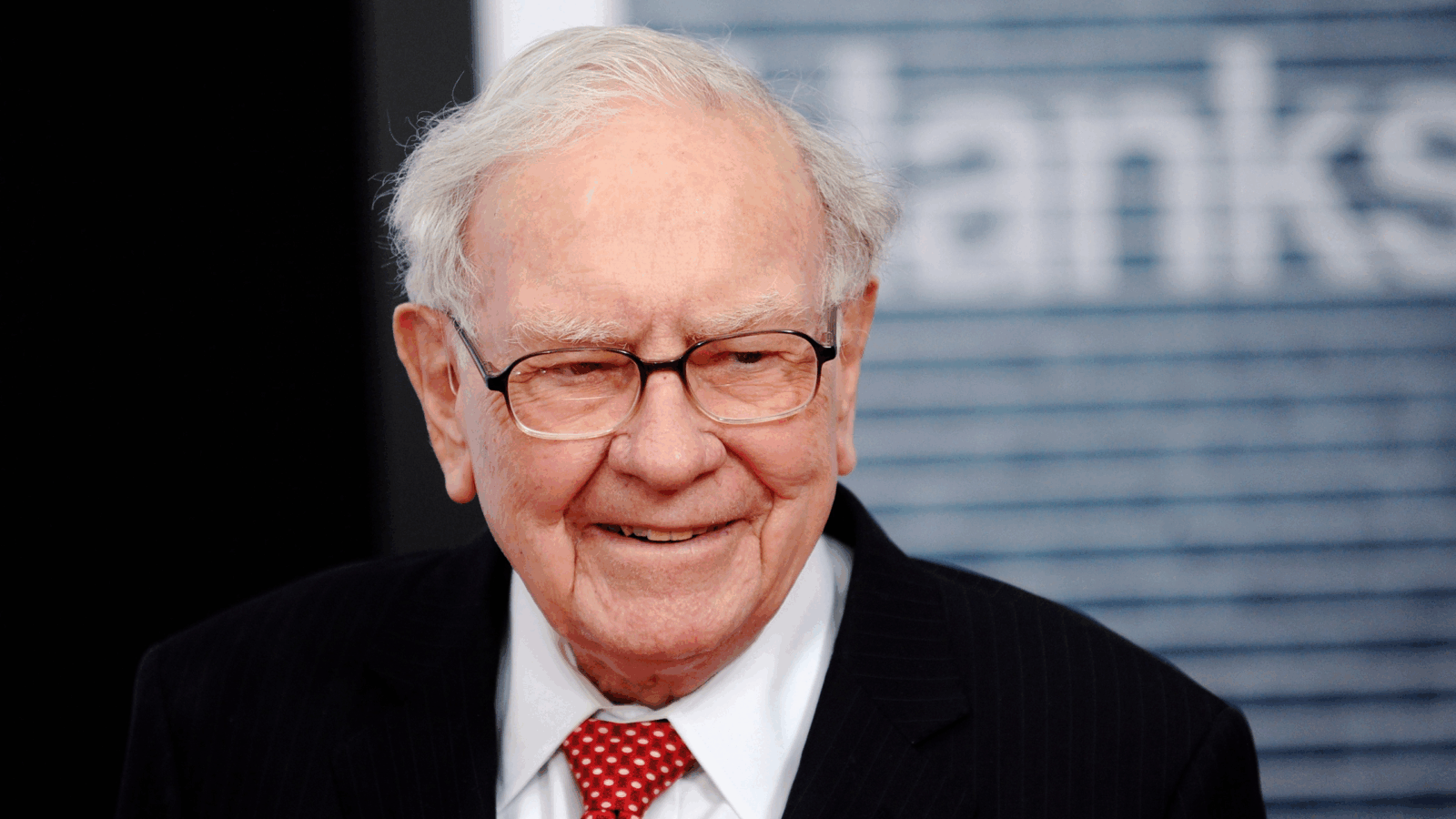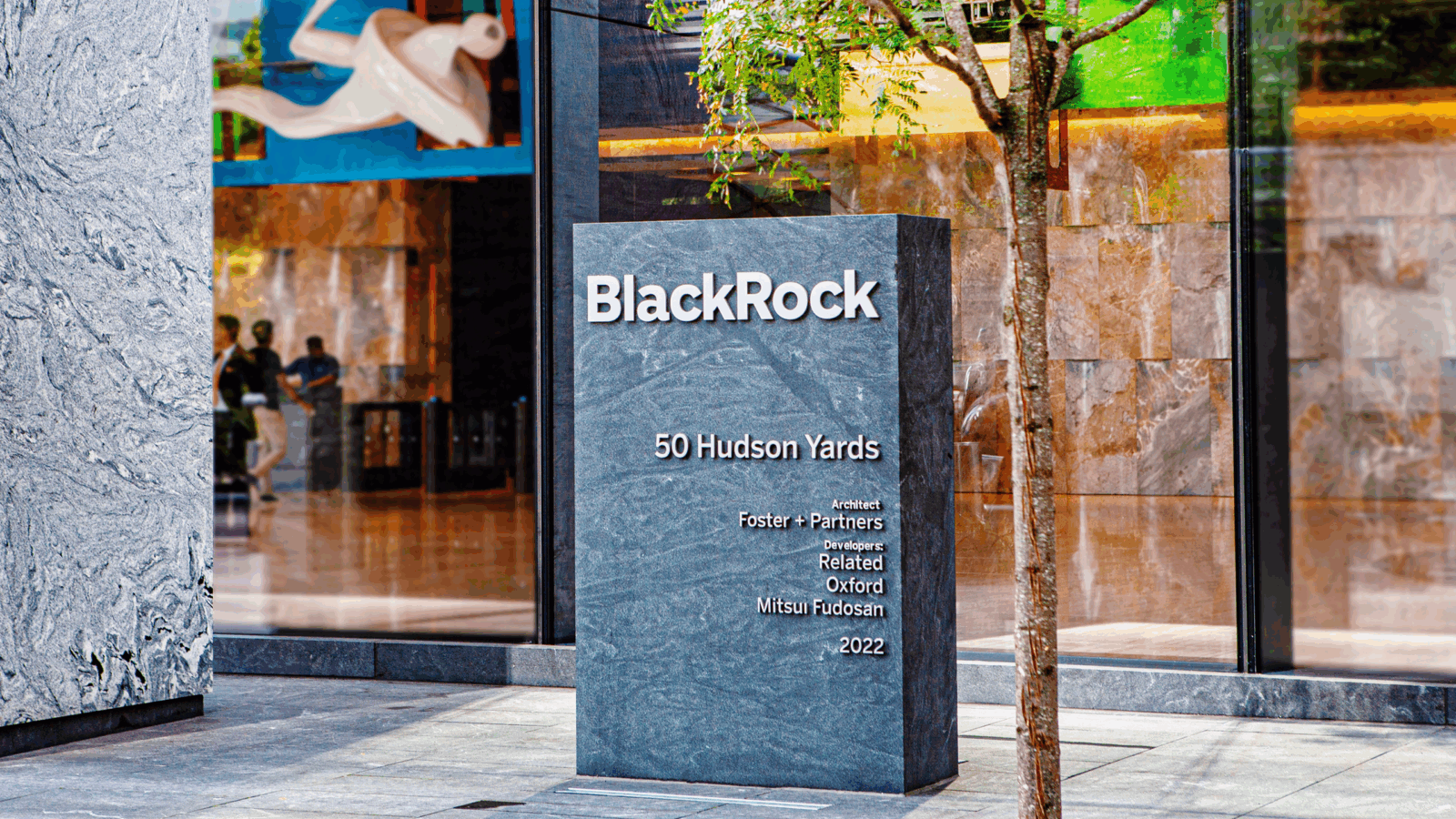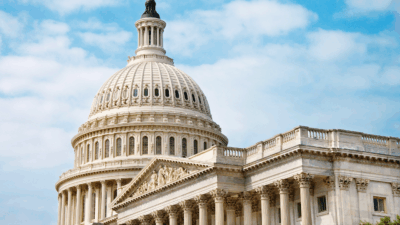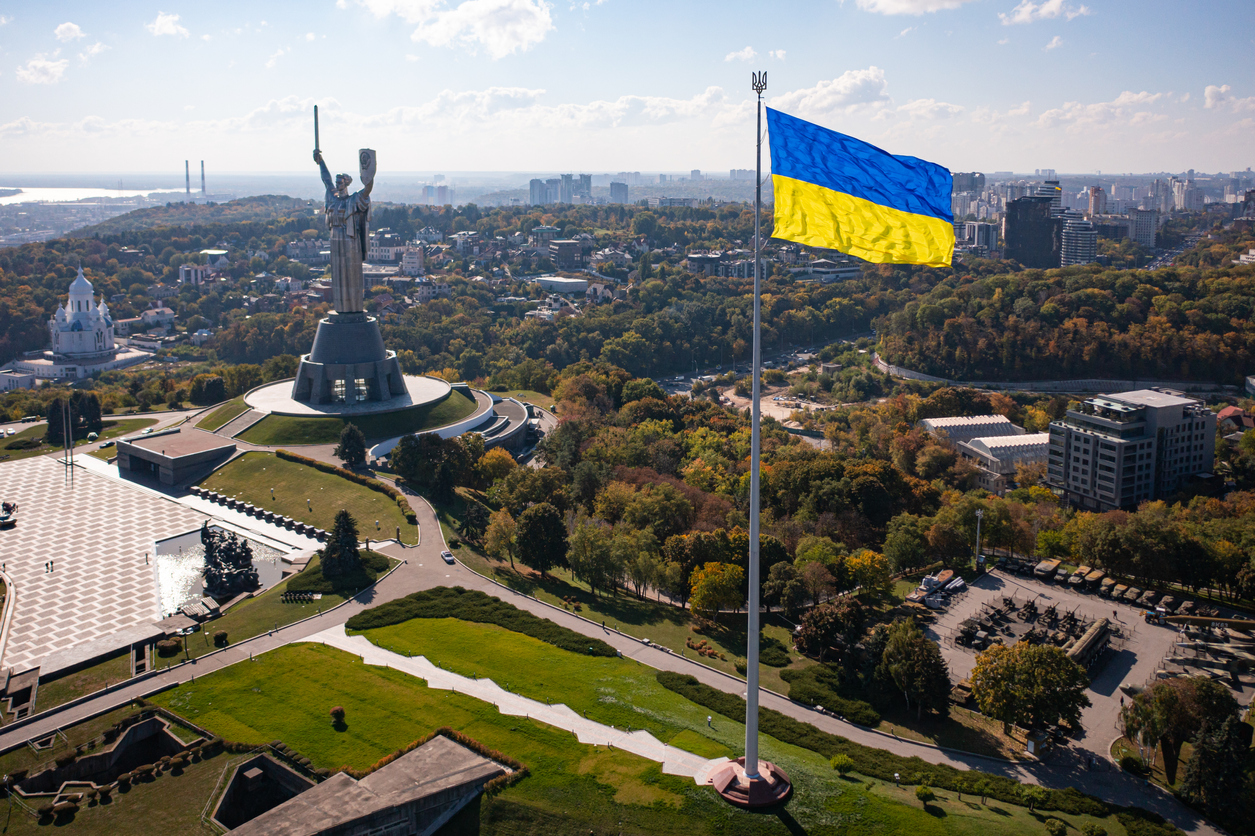
Sign up for smart news, insights, and analysis on the biggest financial stories of the day.
If someone’s losing money on something, odds are someone, somewhere is making money.
The latest fiscal yin-yang opened up on Wall Street last week, where several hedge funds that made commodity bets are earning big amid the geopolitical certainty of Russia’s invasion of Ukraine. Meanwhile, several banks are eating billions worth of write-downs as they pull out from the Russian economy.
Less Than Zero
There was a brief time in 2020, at the height of the pandemic, when a barrel of oil cost less than nothing. It was the nadir of a rough decade for the energy sector, and there was little cause for optimism. But then economies reopened, increasing oil demand. And then Russia waged an unprovoked war on Ukraine, increasing uncertainty about the supply of oil and other important commodities.
Energy stocks on the S&P 500 are up 37% in 2022 and US crude oil prices topped $130 a barrel last week, the highest since 2008. Aluminum, wheat, palladium, and nickel prices all hit record highs this month. The result has turned into a generational investment opportunity for some hedge funds:
- Soroban Capital, a $10 billion fund in New York has made several hundred million dollars on commodities trading since February. It’s one of several Wall Street funds, including Castle Hook Partners and Pilgrim Global, that gained roughly 30% through the end of February betting on the strategy, according to insiders who spoke to The Wall Street Journal.
- Funds that are completely dedicated to energy have put up equally extraordinary numbers; Houston’s Bison Interests, a $50 million hedge fund that buys into small oil-and-gas firms, was up 30% this year at the end of February.
Cashing Out: International banks, meanwhile, are not in on the party. Owed $121 billion by Russian entities, according to the Bank for International Settlements, lenders have started pulling out knowing they may never see those funds again. Goldman Sachs, which had $650 million in credit exposure to Russia last December, became the first US bank to pull out last week, followed by JPMorgan Chase. French banks are among the most exposed: Societe Generale had $21 billion in exposure to Russia at the end of last year and BNP Paribas $3.3 billion, enough to make you say aïe (that means ouch).


